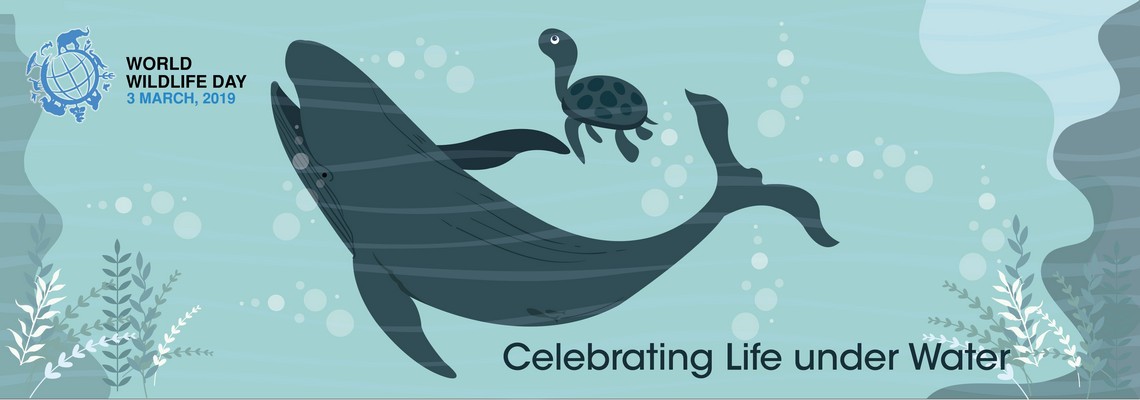
When we talk about Protected Areas, what comes to your mind?
For most people, it is India’s jungles that support innumerable protected species of wildlife, such as tigers, elephants, rhinos, pangolins, bears, owls, butterflies, and orchids. Sadly, many people are unaware of the fact that India also has Marine Protected Areas (MPAs) – spaces within oceans where human activities are strictly regulated.
Of India’s total of 131 MPAs, 25 are situated in peninsular India and 106 are situated across islands in India. The Khijadia Sanctuary in Gujarat, Coringa Sanctuary in Andhra Pradesh, the Gulf of Mannar Marine National Park in Tamil Nadu, the Sunderbans National Park in West Bengal, and the Pitti Sanctuary in Lakshadweep, are stellar examples to name a few.
Like India’s land-based Protected Areas, the MPAs provide vital ecosystem services; support a large array of biological diversity; and play a vital role in the lifecycle of several species. Unfortunately, just like other Protected Areas, our MPAs are under serious threat.
Several marine species found in MPAs, including sharks, dolphins, turtles, coral, starfish, eels, sea horses, and sea cucumbers, are protected under India’s Wild Life (Protection) Act, 1972. Yet, they are being rapidly lost to the demand from illegal wildlife trade. The drivers for this demand vary from the indulgent use of marine species and their derivatives as ornaments to their use in construction and pharmaceutical industries. For the most part, there is a lack in awareness about illegal marine trade and an even larger lack in enforcement capacity to accurately identify marine wildlife and their derivatives. This is further compounded by the confusion in jurisdiction over marine species between enforcement agencies, such as the State Forest Departments and regulatory agencies, such as State Fisheries Departments.
Habitats in MPAs are being damaged by destructive and illegal fishing practices, harmful tourism activities and pollution from industries as well as poorly planned developmental projects around these areas. Paucity in data on marine species populations, large-scale dependence on marine ecosystems for livelihoods and food security, and a host of other anthropogenic issues have prevented stronger protection within MPAs.
WCT strongly values the critical role that marine ecosystems play in protecting both human and animal life on land. In the past, WCT has supported several projects focusing on the conservation of marine species, including the endangered Humphead Wrasse found in the Gulf of Mannar. On #WWD2019, WCT pledges to continue to support work that safeguards India’s MPAs and the incredible marine wildlife that call them home.
Related Links
- Small Grants
- Livelihood
- Human Wildlife Interface Management
- Wildlife Trafficking: Here’s What You Should Know
- Wildlife Week India 2019: India’s tiger census points to an urgent need for peaceful ecosystems where humans, tigers coexist
